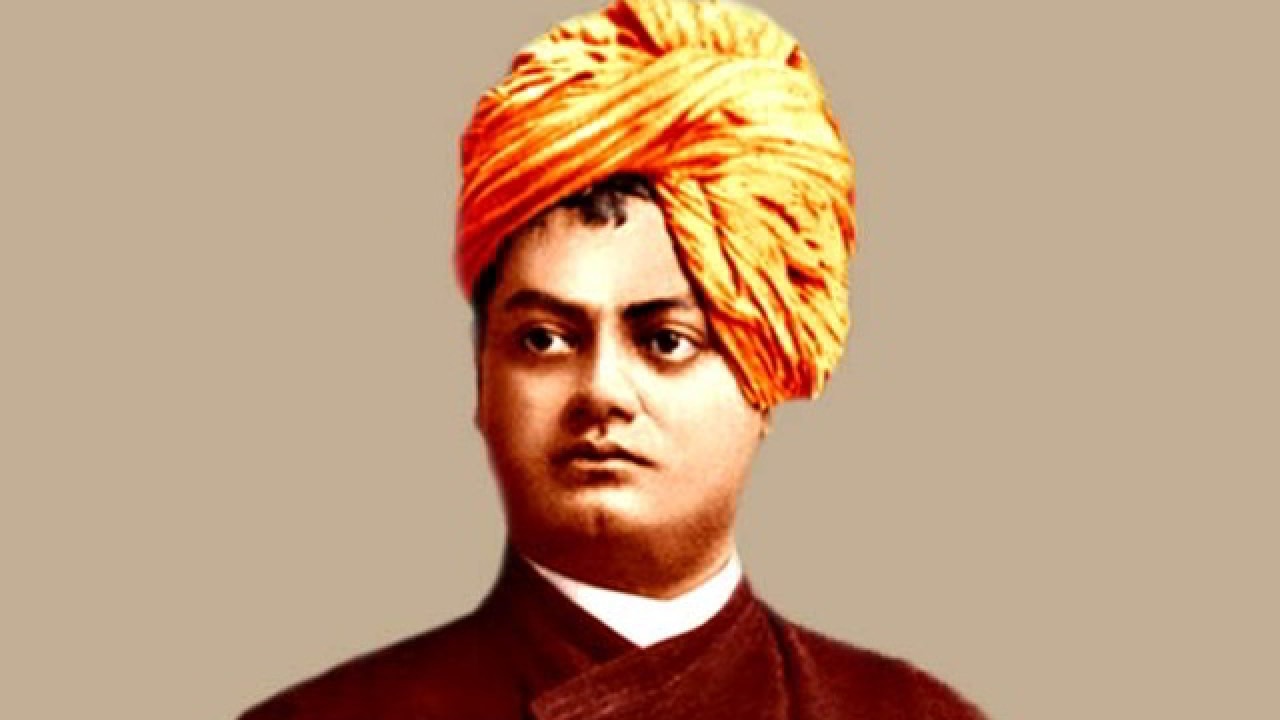
Swami Vivekananda Malayalam Pdf
Swami Vivekananda S Essay In Malayalam. Swami Vivekananda Swami Vivekananda (12 January 1863–4 July 1902), born Narendra Nath Datt was an Indian Hindu monk. He was a key figure in the introduction of Indian philosophies of Vedanta and Yoga to the western world and was credited with raising interfaith awareness, bringing Hinduism to the status.
_ _ _ _ _ _ _ _ _ _ _ _ _ _ _ _ _ _ _ _ _ _ _ _ _ _ _ _ _ _ _ _ _ _ _ my channel for more videos. Drajver dlya dzhojstika cowboy camp.
Introduction Swami Vivekananda (1863 – 1902), a great thinker and reformer of India, embraces education, which for him signifies ‘man-making’, as the very mission of his life. In this paper, which purports to expound and analyze Vivekananda’s views on education, an endeavor has been made to focus on the basic theme of his philosophy, viz.
Principles of Mathematical Analysis (3rd edition, 1976) by Walter Rudin Optimized PDF (5.0 MB) and DJVU (1.8 MB) ISBN 10: 007054235X ISBN 13: 358 First published in 1953 (revised 1964, 1976), 'Principles of Mathematical Analysis' has become a classic introduction to the field. Turgenev rudin prezentaciya.
The spiritual unity of the universe. Whether it concerns the goal or aim of education, or its method of approach or its component parts, all his thoughts, we shall observe, stem from this dormant theme of his philosophy which has its moorings in Vedanta. Vivekananda realizes that mankind is passing through a crisis. The tremendous emphasis on the scientific and mechanical ways of life is fast reducing man to the status of a machine. Moral and religious values are being undermined. The fundamental principles of civilization are being ignored.
Conflicts of ideals, manners and habits are pervading the atmosphere. Disregard for everything old is the fashion of the day. Vivekananda seeks the solutions of all these social and global evils through education. With this end in view, he feels the dire need of awakening man to his spiritual self wherein, he thinks, lies the very purpose of education. The Goal or Objective of Education Vivekananda points out that the defect of the present-day education is that it has no definite goal to pursue.
A sculptor has a clear idea about what he wants to shape out of the marble block; similarly, a painter knows what he is going to paint. But a teacher, he says, has no clear idea about the goal of his teaching. Swamiji attempts to establish, through his words and deeds, that the end of all education is man making. He prepares the scheme of this man-making education in the light of his over-all philosophy of Vedanta. According to Vedanta, the essence of man lies in his soul, which he possesses in addition to his body and mind.
In true with this philosophy, Swamiji defines education as ‘the manifestation of the perfection already in man.’ The aim of education is to manifest in our lives the perfection, which is the very nature of our inner self. This perfection is the realization of the infinite power which resides in everything and every-where-existence, consciousness and bliss (satchidananda). After understanding the essential nature of this perfection, we should identify it with our inner self. For achieving this, one will have to eliminate one’s ego, ignorance and all other false identification, which stand in the way.
Meditation, fortified by moral purity and passion for truth, helps man to leave behind the body, the senses, the ego and all other non-self elements, which are perishable. He thus realizes his immortal divine self, which is of the nature of infinite existence, infinite knowledge and infinite bliss. At this stage, man becomes aware of his self as identical with all other selves of the universe, i.e. Different selves as manifestations of the same self.